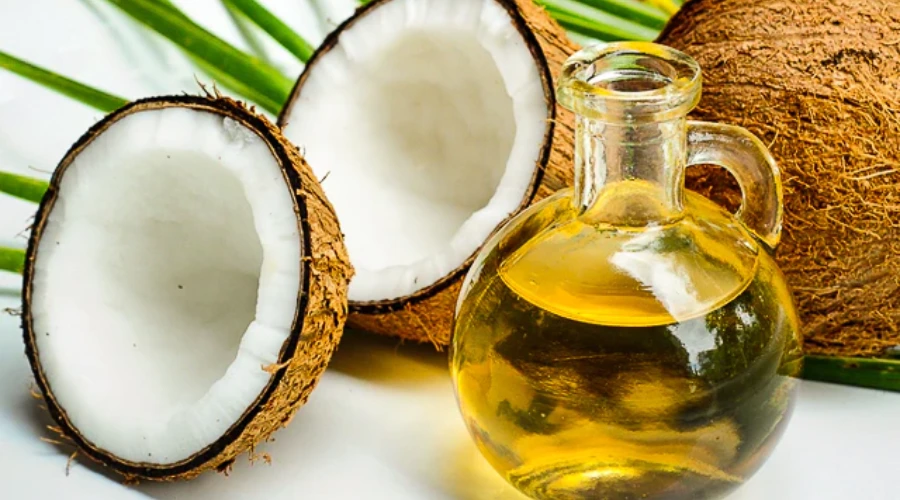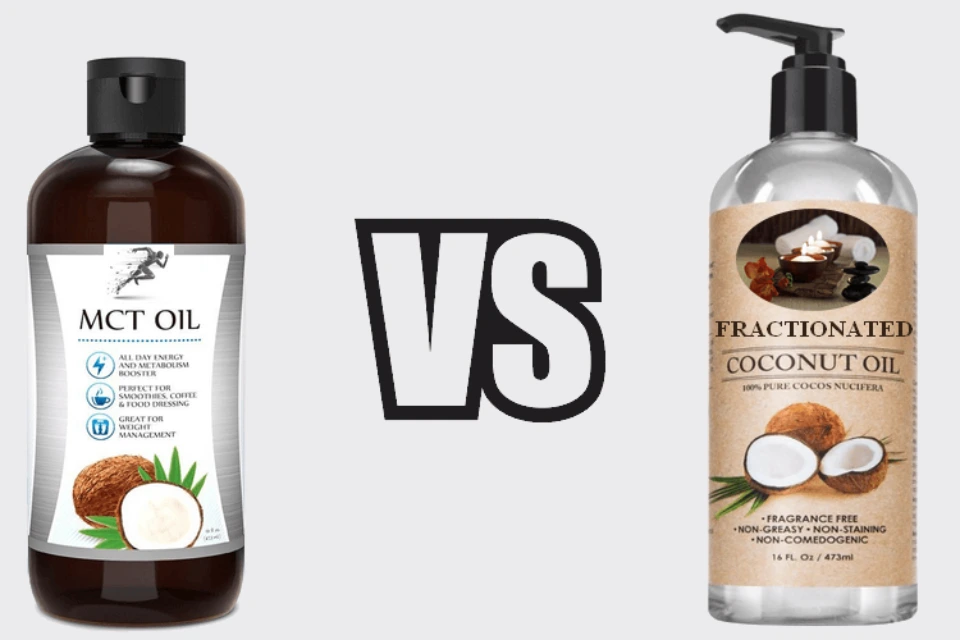In the ever-evolving landscape of health and nutrition, fats have transcended their once-demonized status to emerge as vital components of a balanced diet. Among the diverse array of dietary fats, Medium Chain Triglycerides (MCTs) and coconut oil have garnered substantial attention due to their potential health-promoting properties. (MCT oil vs Coconut oil) mct oil vs coconut oil share a common origin, yet they possess fundamental differences in terms of their constituent fatty acids and processing methods. MCT oil stands as a concentrated repository of medium-chain fatty acids, predominantly Caprylic Acid (C8) and Capric Acid (C10), which the body swiftly metabolizes into energy. Conversely, coconut oil comprises a blend of fatty acids, including a mixture of Medium Chain Triglycerides (MCTs), Long Chain Triglycerides (LCTs), and Saturated Fats.
iHerb is an online e-commerce platform that specializes in selling natural health and wellness products. Founded in 1996 by Ray Faraee in Moreno Valley, California, the company initially started as a small online retailer focusing on selling natural supplements and health products. However, its success story truly began to take shape over the years as it expanded its product range and embraced a global customer base. Herb quickly expanded beyond supplements to include a wide range of natural and organic products, including vitamins, minerals, herbs, personal care products, beauty items, oil, and more. This diverse product offering attracted a larger customer base interested in health and wellness.
mct oil vs coconut oil

| Point of comparison | MCT Oil | Coconut Oil |
| MCT oil vs Coconut oil: Nutritional Composition |
|
|
| MCT oil vs Coconut oil: Energy and Ketosis |
|
3. While not as concentrated as pure MCT oil, coconut oil contains MCTs, including lauric acid, which can contribute to energy production.
4. It offers some degree of support for individuals following ketogenic diets. . |
| Benefits of MCT oil vs Coconut oil: Cognitive Function |
|
5. Coconut oil contains MCTs that can offer modest cognitive benefits.
6. While it can contribute to brain health, its impact on cognition is milder compared to pure MCT oil. |
| Benefits of MCT oil vs Coconut oil: Weight Management |
|
7. Coconut oil provides moderate satiety benefits and may impact overall calorie intake.
8. While it does contribute to weight management to some extent, its effects are less pronounced compared to MCT oil. |
| MCT oil vs Coconut oil: Culinary Versatility |
|
9. Renowned for its culinary adaptability, coconut oil is suitable for cooking, baking, sautéing, and frying.
10. It imparts a distinctive coconut flavor to dishes, which can influence its appropriateness for specific recipes. |
| MCT oil vs Coconut oil: Skin and Hair Care |
|
11. Coconut oil is celebrated for its moisturizing and nourishing properties for both skin and hair.
12. Widely embraced as a natural solution for various beauty routines, it offers extensive skincare and haircare advantages. |
| MCT oil vs Coconut oil: Antioxidant Properties |
|
13. Coconut oil contains compounds that hold the potential for antioxidant and anti-inflammatory properties.
|

MCT oil and fractionated coconut oil (MCT vs fractionated coconut oil) are often confused due to their similar properties, but they are not the same. MCT oil is specifically extracted from coconut oil and contains only medium-chain triglycerides. On the other hand, fractionated coconut oil is derived from coconut oil through a fractionation process that removes the long-chain fatty acids, leaving mainly medium-chain triglycerides. While both have high MCT content, MCT oil is purer and contains a higher concentration of these beneficial fatty acids. It’s important to consider your specific needs and preferences when choosing between the two.
Conclusion
In the realm of dietary oils, the choice between MCT oil and coconut oil is a matter of aligning your goals and preferences with their distinct attributes. MCT oil shines as a rapid energy source, supporting ketosis and cognitive function, making it a favorite among those seeking quick and efficient energy conversion. On the other hand, coconut oil’s culinary versatility, skincare benefits, and potential antioxidant properties make it a well-rounded addition to various aspects of your lifestyle. Ultimately, the decision between these two oils boils down to your individual needs. Whether you’re prioritizing cognitive enhancement, weight management, culinary creativity, or beauty care, your choice can be guided by the specific benefits each oil offers. iHerb, a trusted provider of health and wellness solutions, offers a range of products to cater to your preferences. For more information, visit Celebzero.

